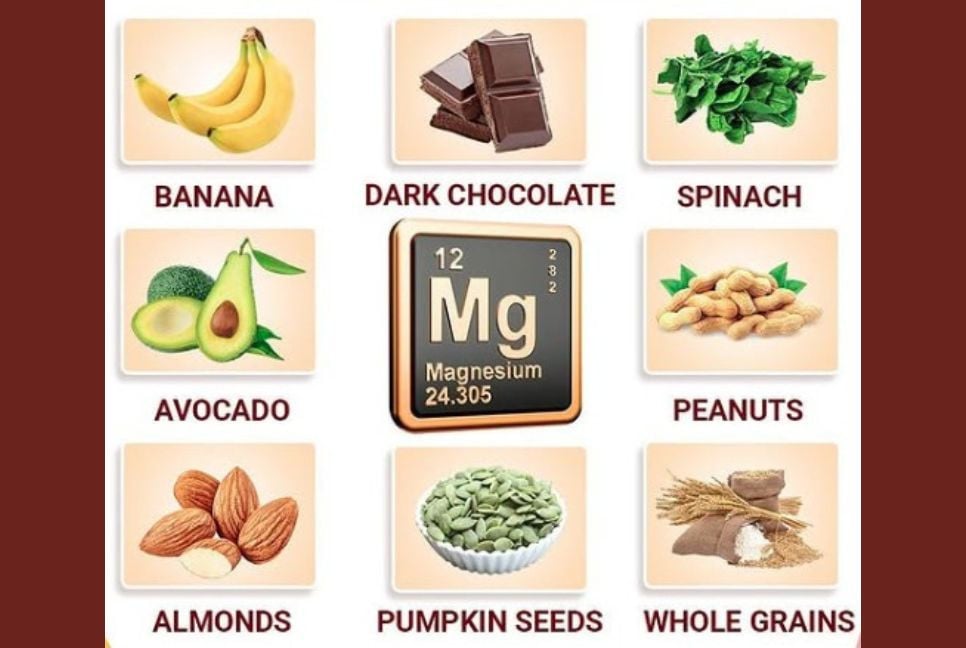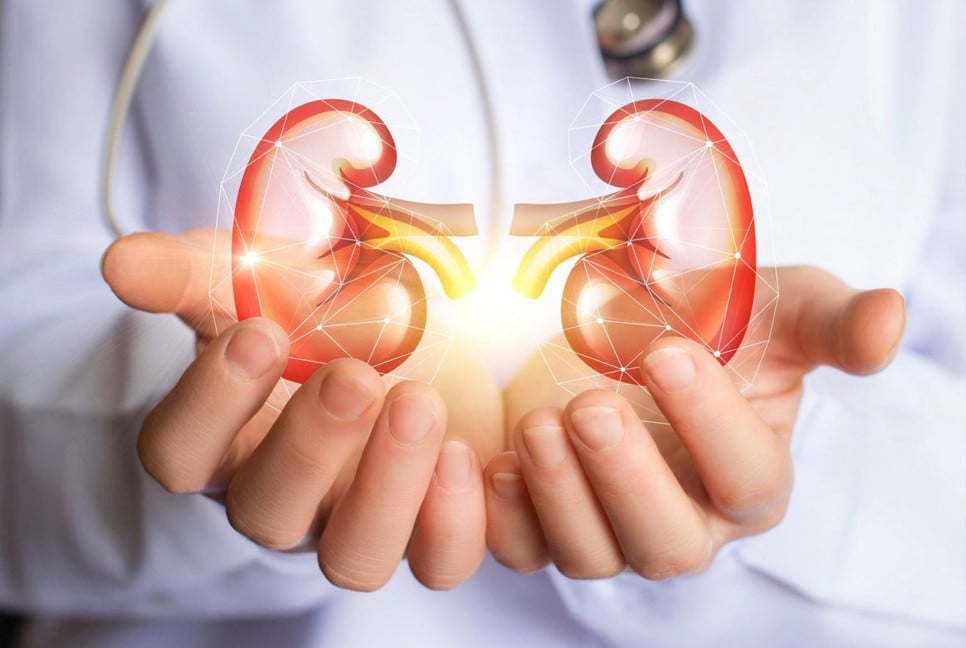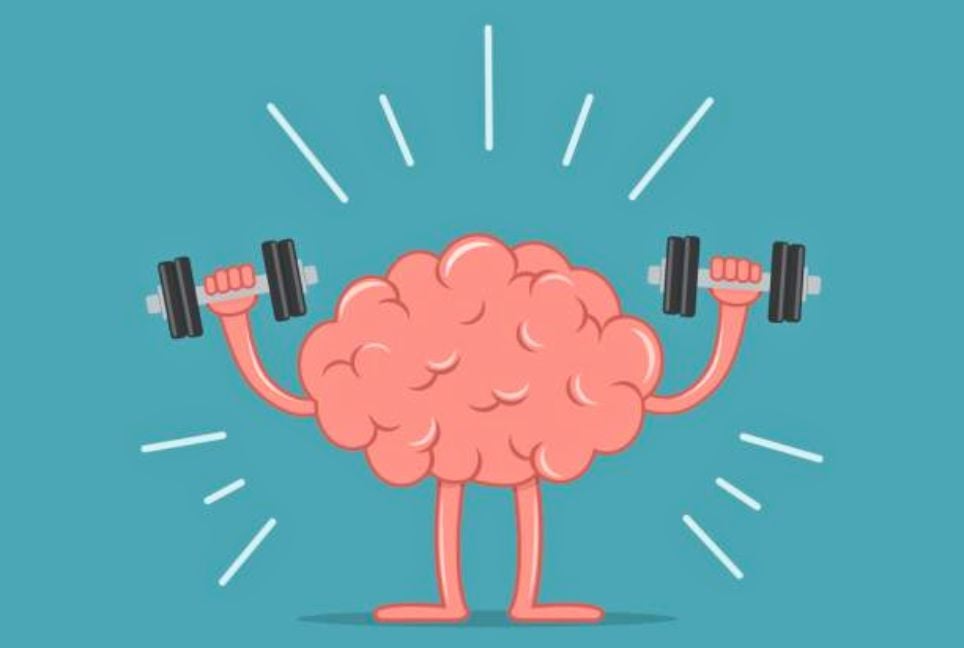Magnesium is essential for many bodily functions, yet many people lack it in their diet. About 60 per cent of magnesium is stored in our bones, and the rest in muscles, tissues and fluids.
It supports around 600 metabolic processes, including energy production, protein synthesis, gene maintenance, muscle function and nerve regulation. It reduces stress by controlling cortisol levels, inducing relaxation and relieving muscle tension, reports Hindustan Times.
Magnesium is an essential mineral for women during their periods because it is a nerve and muscle relaxant which helps prevent migraines and cramps. This relaxing effect also, in turn, helps to regulate mood swings, which often fluctuate during a period, and it can be quite helpful in cases of bloating and/or breast tenderness.
Magnesium deficiency is linked to headaches and poor sleep because of its function in GABA modulation. Previous studies have also found its role in sleep quality and metabolic health.
Magnesium, usually found in seeds, nuts, greens, grains and seafood, plays a crucial role in brain functioning and brain development.
In a video on Instagram, Harvard and Stanford-trained gastroenterologist Dr Saurabh Sethi, MD MPH, shared three signs of magnesium deficiency one should never ignore.
Muscle cramps and spasms: Magnesium is crucial for muscle relaxation, balancing calcium and potassium in muscle cells.
Low energy: Magnesium powers your cells' ATP production, your body's main energy source.
Irregular heartbeat: Magnesium keeps your heart's rhythm steady by supporting balanced electrolyte levels.
He added, “Magnesium boosts serotonin, the feel-good hormone and keeps stress in check by managing your cortisol levels.”
Magnesium is an important mineral for heart health as it helps regulate heart rhythm and maintain normal blood pressure. According to a study, magnesium lowers blood pressure by 12 points, and it is one of the three micro-minerals (along with calcium and zinc) responsible for around 300 biochemical reactions in the body.
Magnesium deficiency can lead to muscle contractions, cramps, seizures, abnormal heart rhythms, personality changes and coronary spasms. Cashew nuts, almonds, whole grains, legumes, seeds, leafy green vegetables and dairy products are some of the rich sources of magnesium.
Managing them can be challenging; hence, magnesium supplements will do the job better, and supplements like Magnesium Glycinate are easily available.
Bd-pratidin English/Fariha Nowshin Chinika






































































